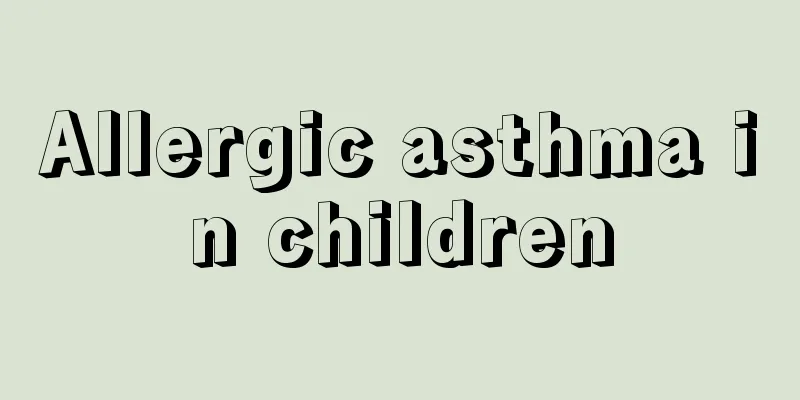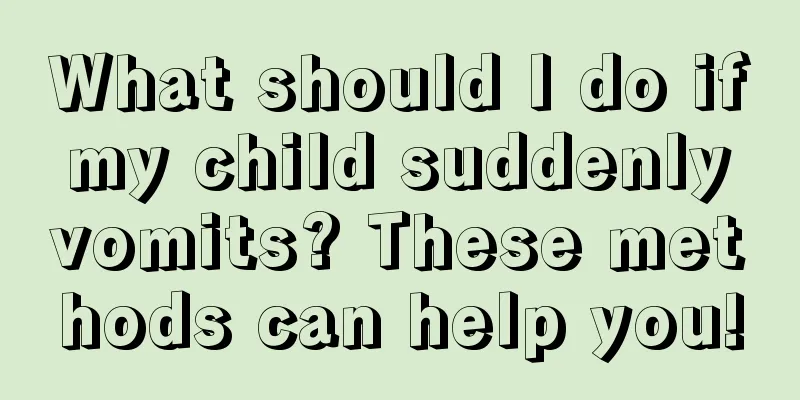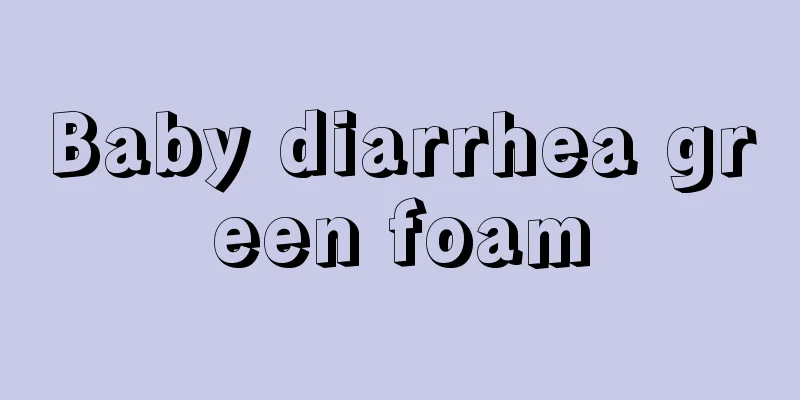Allergic asthma in children

|
Children have relatively weak immune systems and are less able to detect physical discomfort in a timely manner than adults. Once they detect physical symptoms, the disease has already developed. In daily life, we must pay attention to the presence of allergens around us, so as to effectively avoid the occurrence of allergic symptoms in some children. Allergic asthma is a major common disease. If you find that your child has asthma symptoms in daily life, you should promptly identify the allergens around him and deal with them in a timely manner. Allergy symptoms usually disappear within a few days. If you find that your physical symptoms have not improved, you should have a physical examination in time. People with weak cellular immunity are mainly children, the elderly, and the injured and sick. Therefore, allergic asthma often occurs in childhood. Frail and sick elderly people and patients are also prone to allergic asthma and cough. Clinically, it is easy to misdiagnose allergic asthma and cough as bronchitis caused by cold viruses, and repeatedly use anti-inflammatory or expectorant drugs for treatment. This is why many patients with asthma and cough suffer repeated attacks and do not see improvement for years. Allergic asthma in children is prone to recurring attacks, which not only causes great pain to pediatric patients, but also affects their normal learning and development. Over time, complications such as respiratory failure and cor pulmonale may also occur. Allergic asthma is the most common and serious allergic disease in children. 80% of the onset occurs before the age of 5, and there is a tendency for it to occur earlier. Allergic asthma is a common chronic disease in children, which usually occurs in childhood. Patients often have an atopic constitution and are allergic to certain substances, such as inhaling cold air, pollen, dust mites, etc.; eating fish, shrimp, milk, etc.; or coming into contact with certain drugs, such as penicillin. When these allergens enter the patient's body, a series of reactions occur, causing mast cells or alkaliphilic granulocytes to release allergenic active substances, which act on the bronchi, causing extensive small airway narrowing and symptoms of wheezing. The symptoms of allergic asthma should be treated promptly to avoid further development of the disease. Children's immunity is relatively low, so we should do more preventive work for them in daily life. If appropriate nursing measures do not alleviate the symptoms, you should seek medical examination and treatment in a timely manner. |
<<: What to do if your child doesn't like to eat
>>: Symptoms of acute laryngitis in children
Recommend
Why does my child's head sweat a lot?
Every child grows up under the careful care and a...
What are the symptoms of hypoxia in children?
Nowadays, there are actually not as many children...
Seven ways to reduce fever in children
Children's bodies are relatively fragile, so ...
A brief discussion on the benefits of children learning to swim
Although there are fewer large rivers and lakes n...
What to do if your child has acne
When children enter puberty, their bodies develop...
What to do if your child vomits everything he eats
When the seasons change, people's bodies will...
What causes myocarditis in children?
Pediatric myocarditis is often caused by viral in...
Symptoms of gastroesophageal reflux in children
The problem of reflux in the feeding tube of youn...
What to do if your child's myocardial enzyme is high
Any health indicator has a normal range. If it is...
What should I do if my child has a red, swollen throat and a fever?
Children are the most beloved treasures for every...
What are the symptoms of food indigestion in children?
Because children's functions and organs are s...
What causes red cheeks in children?
Everyone knows that children's skin is surpri...
What to use to clean baby bottles
Babies need to drink milk every day, and after dr...
What causes motion sickness in children?
More and more people like to travel with their fa...
What should I do if my child has cervical vertebrae problems during the summer vacation?
The annual summer vacation has arrived and the ch...









